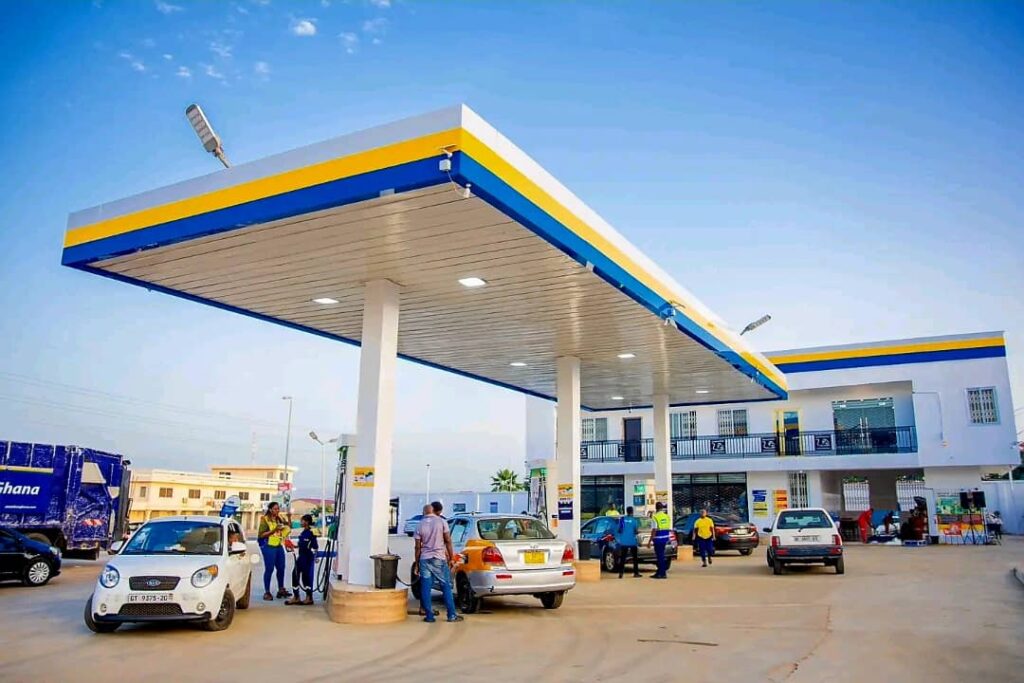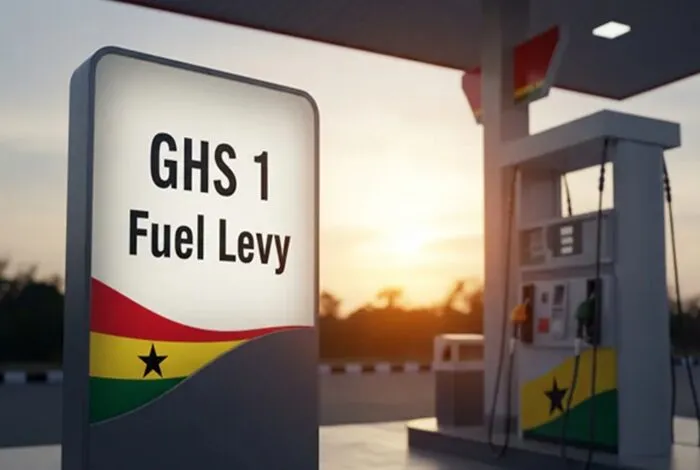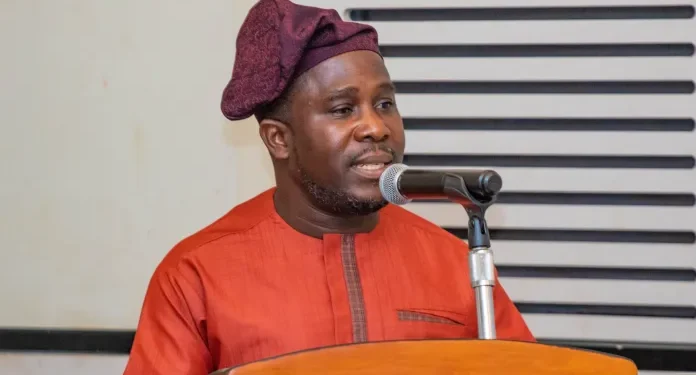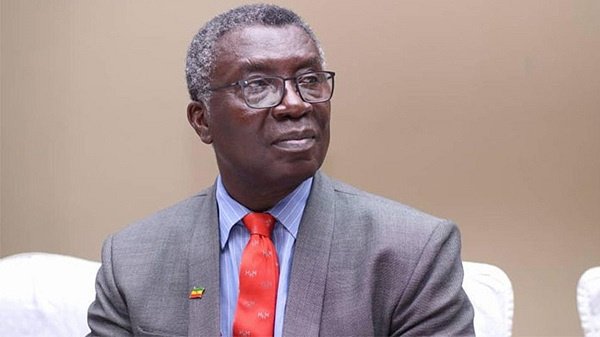The government of Ghana is likely to reinstate the controversial GHS 1 per litre energy levy in the coming weeks, as fiscal strain and a deteriorating energy sector force a reconsideration of previously suspended revenue measures, according to economist and political risk analyst Dr. Theo Acheampong.
Dr. Acheampong disclosed that top officials at the Ministries of Finance and Energy are currently assessing the impact of rising global crude prices and the country’s exposure to escalating geopolitical risks—particularly the Iran-Israel conflict.
“I won’t be surprised if the GHS 1 levy comes back in the coming weeks.
“Even though the initial public response was negative, there are groups more understanding of the energy crisis and supportive of bold steps to address it.”
Dr. Theo Acheampong, Political Risk analyst
The energy levy, initially implemented to address rising arrears and improve cash flow in the energy sector, was suspended earlier this month.
The decision followed a surge in international oil prices, which could have offset recent progress in stabilizing domestic fuel prices if the levy had been enforced.

However, government insiders and policy analysts now believe the suspension is only temporary, as ballooning utility debts and persistent liquidity challenges across energy value chain actors—including ECG, GRIDCo, and independent power producers—worsen.
“We have serious challenges within Ghana’s energy sector, and we need to do something about it.
“The structural issues and payment arrears are pushing the system closer to the brink.”
Dr. Theo Acheampong, Political Risk analyst
The sector’s troubles are compounded by Ghana’s heavy dependence on imported petroleum products, exposing the country to significant price shocks as crude oil prices rise globally.
The recent spike in oil prices, driven by conflict in the Middle East and fears of supply disruption through the Strait of Hormuz, has only heightened Ghana’s vulnerability.
Transparency and Accountability in Focus

While Dr. Acheampong acknowledged the necessity of raising revenue to sustain energy sector reforms, he cautioned that public trust remains fragile.
The reintroduction of the levy, he argued, must be accompanied by enhanced transparency and parliamentary accountability.
“There are longstanding concerns about how previous levies under the Energy Sector Levies Act (ESLA) were used. Ghanaians are right to demand answers.”
Dr. Theo Acheampong, Political Risk analyst
ESLA, introduced in 2015, was aimed at addressing energy sector debts and stabilising utility finances.
However, watchdog groups and civil society organisations have repeatedly criticised its lack of transparency and questioned whether the funds collected were used for their intended purpose.
“Once we have further assurance and safeguards around the one cedi levy and what it will be used for, and the Minister accounts to Ghanaians through Parliament, we may begin to see viable solutions emerge for the crisis.”
Dr. Theo Acheampong, Political Risk analyst

He proposed a ring-fenced framework where revenue generated from the levy is transparently allocated to specific debt obligations or investment projects. This, he argued, would help rebuild public confidence and ensure value for money.
Despite political sensitivities around taxation after an election cycle, analysts believe that government may feel emboldened by recent signs of macroeconomic stabilisation, including declining inflation and a strengthening cedi.
Dr. Acheampong stressed that while unpopular, revenue mobilisation is key to sustaining critical reforms in the power sector, particularly in areas such as transmission, loss reduction, and tariff recovery.
Energy observers expect the government to make a formal announcement on the levy before the start of the July pricing window, which coincides with anticipated increases in pump prices driven by rising global oil benchmarks.
Dr. Acheampong urged government to consult widely with consumer groups, industry stakeholders, and Parliament before taking any final decision. “We’ve learned from past mistakes—imposed levies without consensus backfire,” he warned.
As the debate over the energy levy continues, it underscores the broader tension between fiscal sustainability and public affordability in Ghana’s energy sector reforms.
READ ALSO: Mastercard and Access Bank Unveil Innovative Age-Segmented Card to Empower Ghana’s Youth























